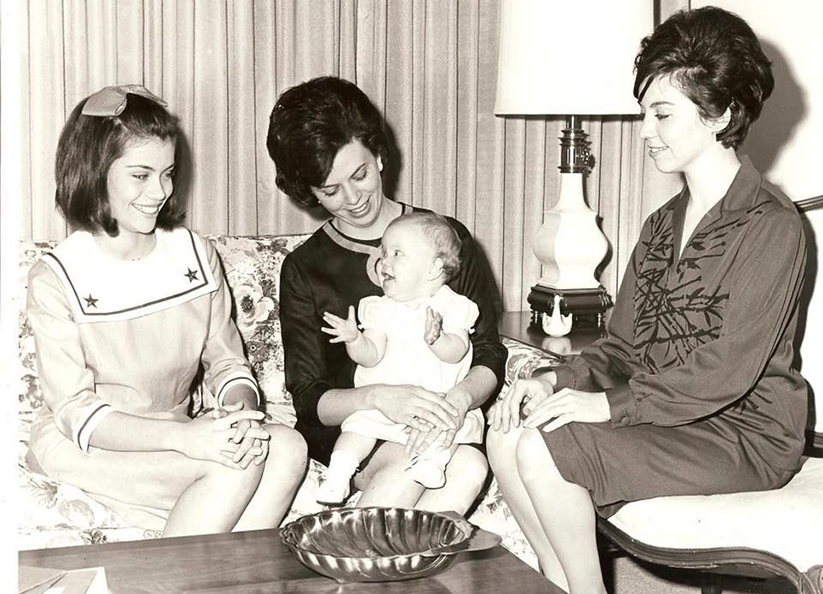Staying Fit
After the coronavirus pandemic triggered a federal ban on nursing home visits, Alison Lolley struggled to get information from the nursing home where her mother lived in Monroe, Louisiana. She watched in horror through a window as her mother deteriorated. And after her mom tested positive with the virus and was taken to the hospital, Lolley said goodbye by iPad, hours before Cheryl Fink Lolley, 81, died alone on April 29.
“Her last words to me were ‘love, love, love, love, love,’” Lolley said through tears, remembering what her mom told her by iPad the day she arrived at the hospital. “I never imagined that I wouldn’t be with her when she was passing.”


AARP Membership— $12 for your first year when you sign up for Automatic Renewal
Get instant access to members-only products and hundreds of discounts, a free second membership, and a subscription to AARP the Magazine.
In the early days of the lockdown, her mom’s eyes lit up whenever Lolley showed up outside and tapped on the window of her room at the nursing home, called The Oaks. Her mother, always gracious and fun, would roll up close, as fast as her wheelchair would take her. Lolley spoke loudly, her face up to the window’s outer screen. When that didn’t work, they’d talk by phone while admiring one another through the glass.
The first 10 weeks of the year, before the lockdown, had been among the best Lolley and her mother ever shared. Lolley, 55, had retired from a 30-year career in newspaper publishing in Dallas and finally felt available. She moved her mother back from Dallas to her hometown of Monroe, where they lived around the corner from one another. The pair enjoyed frequent visits in her mother’s nursing home, long lunches and quality time uninterrupted.
But by mid-April, what Lolley saw and heard began to scare her. Her mother, usually put together and made up — a true “Southern lady” — appeared disheveled, her hair unbrushed. Her mother, who was mentally sharp, would mention that “things didn’t seem right” and said, more than once, that she hadn’t been fed.
Lolley peered through the window one day to find her mother unclothed and confused. She says she called the nursing home each time she grew alarmed, getting promises that her mom would be tended to immediately.


































































More From AARP
She Still Drops Food at Her Brother's Locked-Down Nursing Home
Susan Edwards-McCloskey says everyone at the facility knows her name because she's not afraid to speak up